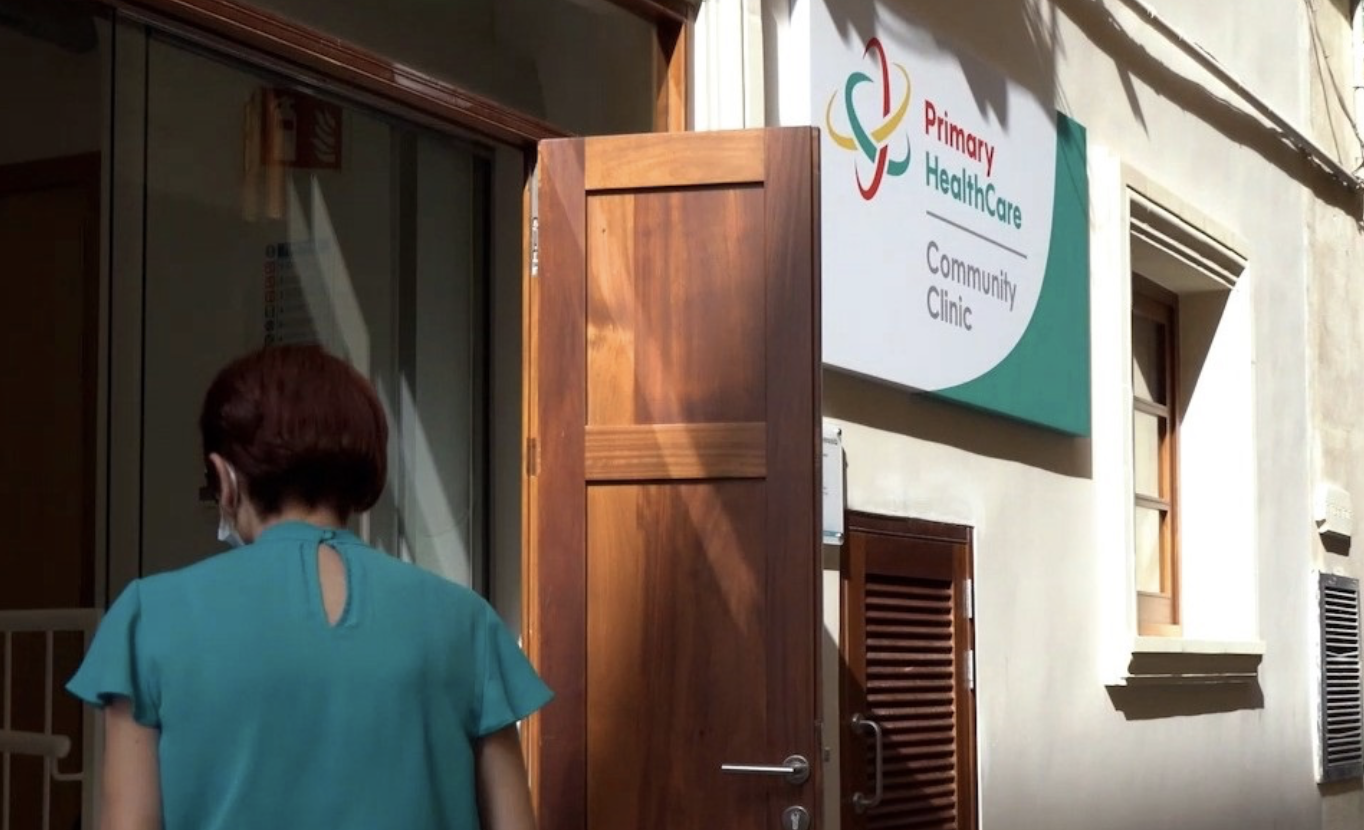Nearly 7% of Maltese households face catastrophic health spending. To improve financial protection, Malta should expand means-tested schemes, reduce medicine prices, address waiting times, and broaden publicly funded dental services.
A new WHO report, “Can people afford to pay for health care? New evidence on financial protection in Malta 2025,” presents the first comprehensive analysis of affordable access to health care in Malta. Despite universal health coverage and efforts to strengthen affordability, significant gaps remain, especially for low-income and older households. This summary highlights the key findings, strengths, challenges, and policy recommendations from the report.
Catastrophic Health Expenditures: Scope and Impact
-
Incidence and Distribution: Nearly 1 in 14 Maltese households (7%) experience catastrophic health spending, defined as health expenses that threaten a household’s ability to afford basic needs like food, housing, and heating. This rate is higher than in many EU countries, though lower than in some with similar reliance on out-of-pocket (OOP) payments.
-
Vulnerable Groups: The burden is disproportionately high among the poorest fifth of the population (22%) and households headed by older people (14%). This is particularly concerning given the rising poverty rate among older people, which increased from 21% in 2013 to 31% in 2023—well above the EU average for this group.
-
Drivers of Financial Hardship: For the poorest households, outpatient medicines and outpatient care are the main contributors to catastrophic spending. In wealthier households, dental care is the largest driver.
Unmet Health Needs and Unequality
-
Overall Access: Despite these challenges, Malta’s levels of unmet need for health care, dental care, and prescribed medicines are below the EU average. This reflects the strengths of the country’s health system in ensuring access.
-
Income Inequality: Since 2017, income-related inequality in unmet need has declined for health and dental care but persists for prescribed medicines, indicating ongoing barriers for lower-income groups.
Strengths in Malta’s Health Coverage Policy
-
Universal Entitlement: All residents, including refugees and migrants with special protection status, are automatically covered by publicly financed health care, ensuring near-universal coverage.
-
No User Charges: Services included in the benefits package are free at the point of use, with no copayments, making covered health care affordable for everyone.
-
Comprehensive Benefits: The publicly financed package covers outpatient visits, diagnostic tests, and inpatient care extensively.
Persistent Gaps in Coverage
-
Outpatient Medicines: People with chronic conditions or low incomes can access publicly financed outpatient prescribed medicines via yellow or pink card schemes. However, only about a third of the population benefits, and everyone else pays the full price out of pocket. Pink cards, aimed at low-income groups, cover just 3% of the population and have limited scope.
-
High Medicine Prices: Gaps in coverage are exacerbated by high prices for outpatient medicines, increasing financial pressure on those not fully covered.
-
Limited Dental and Optical Care: Non-emergency dental care, optical care, and medical products have restricted coverage in the publicly financed package, exposing households to further OOP expenses.
-
Long Waiting Times: Delays for diagnostic tests, specialist visits, emergency care, and elective surgery have worsened post-pandemic, pushing more people to seek private care at full cost.
Policy Recommendations
To address these challenges, the report recommends:
-
Enhancing Protection for Low-Income Households: Expand means-tested schemes, as the current pink card covers too few people and too few services.
-
Leveraging Digital Solutions: Monitor outpatient medicine spending to inform targeted policy interventions that reduce OOP payments.
-
Expanding Dental Coverage: Extend publicly financed non-emergency dental care to vulnerable groups (e.g., pregnant women, pink card holders) and broaden the range of covered services.
-
Reducing Medicine Prices and Waiting Times: Continue efforts to lower outpatient medicine prices and address delays in publicly financed care.
-
Increasing Public Health Spending: Align spending with Malta’s GDP and strengthen the commissioning of health services to better meet equity and efficiency goals.
Conclusions
Malta’s health coverage policy offers strong protection in many areas, but significant gaps remain. Out-of-pocket payments still lead to financial hardship for many, particularly the most vulnerable. The WHO report provides clear, actionable guidance for policymakers to strengthen financial protection and ensure equitable access to health care in Malta.


